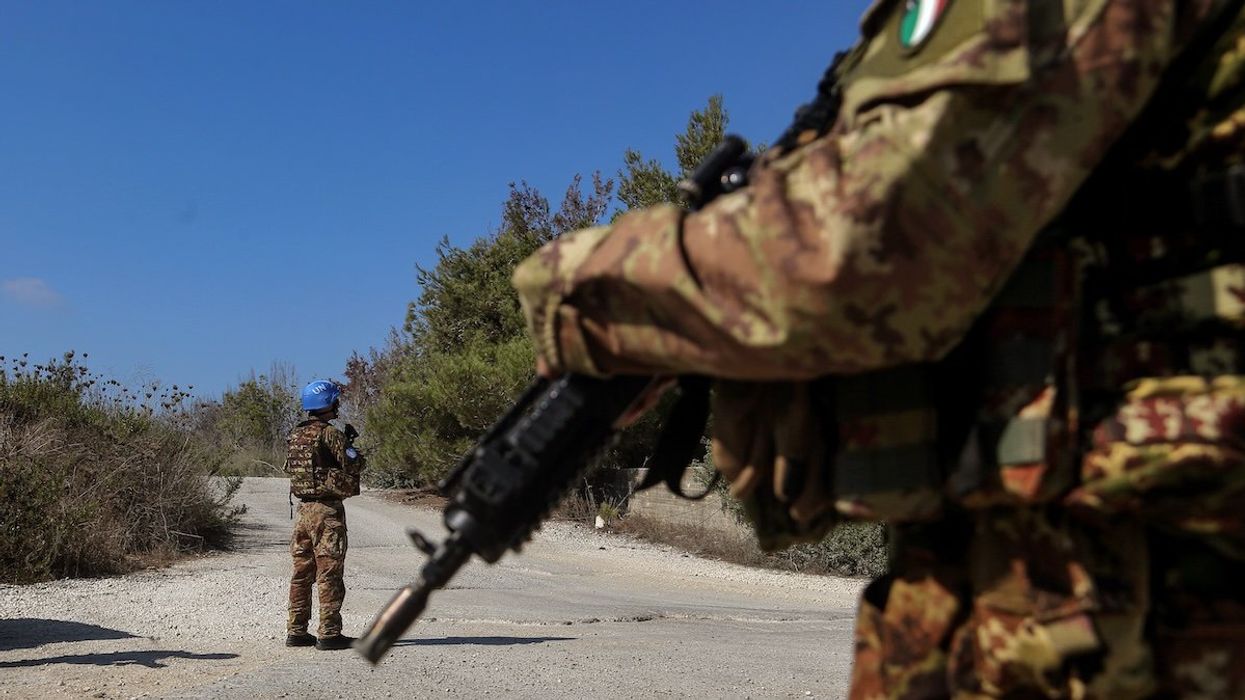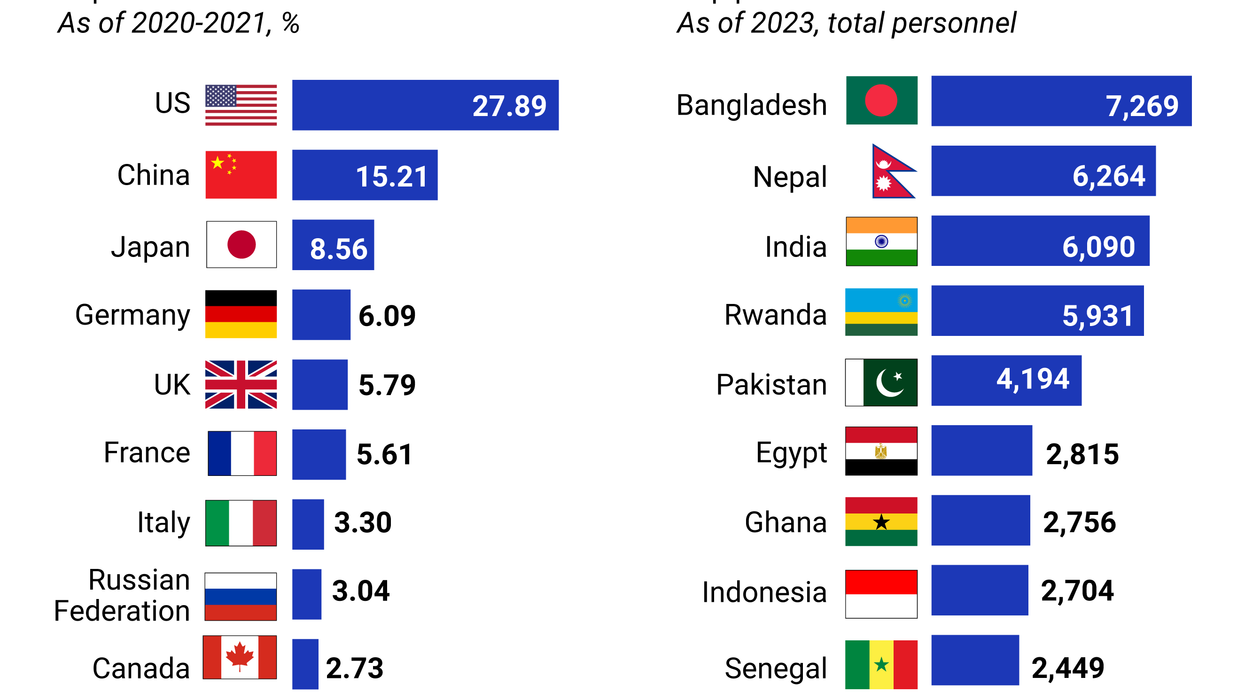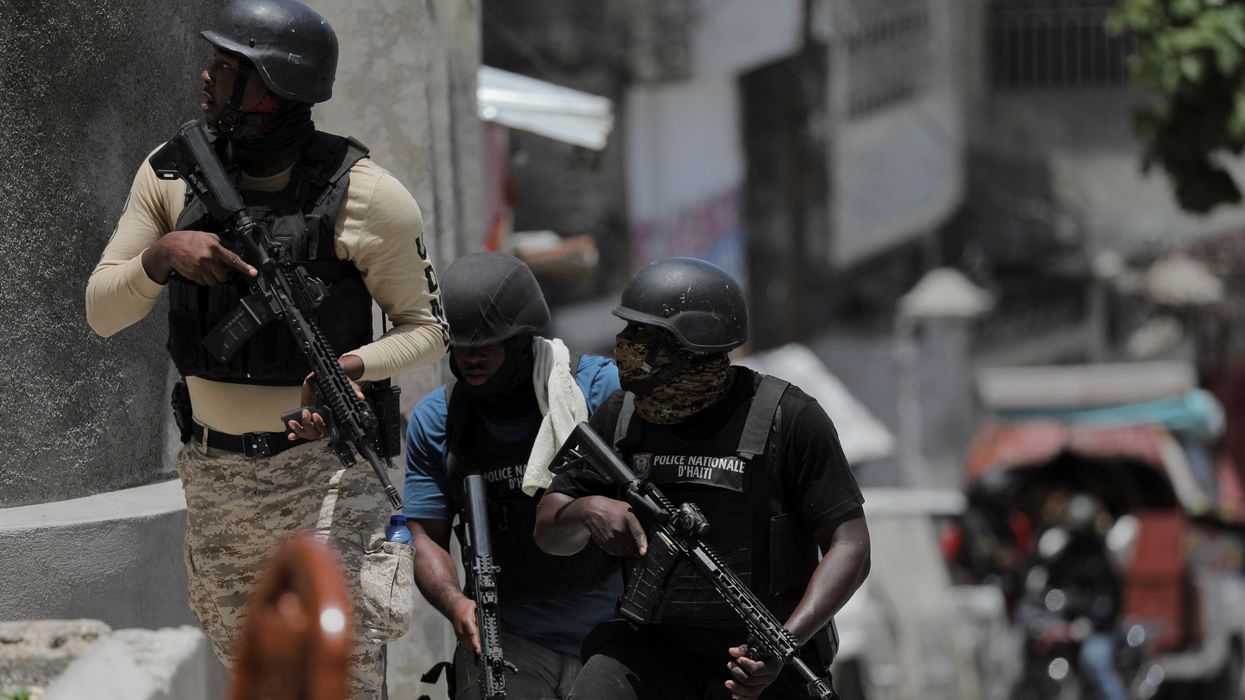What We're Watching
Israel’s attacks on UN peacekeepers draw international condemnation
The UN says that Israeli forces have fired on their peacekeepers in southern Lebanon several times in recent days and that at least five peacekeepers have been injured in the process.
Oct 14, 2024



